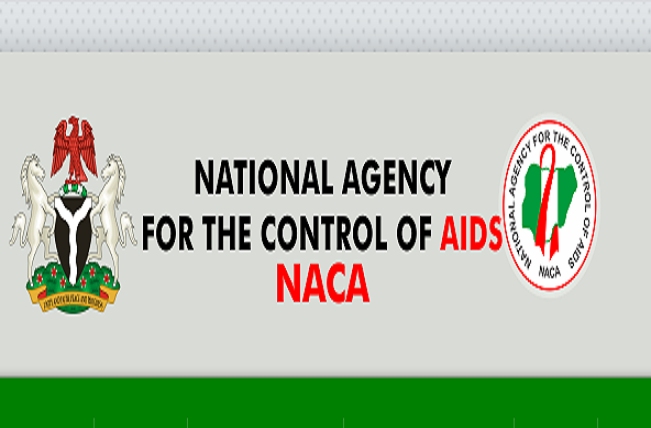By Asmau Ahmad with agency report
The National Agency for the Control of AIDS (NACA) said there is need for increased demand for HIV testing, treatment and care services for Nigeria to meet the United Nations target of ending AIDS by 2030.
The Director-General of NACA, Dr Gambo Aliyu, stated this at a two-day workshop for social media influencers, bloggers, and journalists in Abuja.
Dr Aliyu said the fight to end AIDS has been on for a long time and it’s time people understand that fighting HIV begins with them.
He added that although the world has yet to discover a cure for HIV, it is no longer a death sentence and can be managed successfully.
The director general said people have been living with this virus; some for the last 30 years and some for more than 30 years.
“People should understand that if you have HIV today, you can walk into our facility and demand HIV service; you are not only doing good to yourself but to us all because you are helping us to control the spread of the virus,” he said.
“We want people to begin to demand for HIV services instead of us going after people and looking for them to get tested and treated.”
Dr Aliyu noted that the agency has succeeded in reducing HIV from the disease that kills to the disease that no longer kills.
“People live with the virus for a long time, if you look at our data, you will find out that the vast population of people living with the virus are those around the age of 34 to 49 years and this is easy to explain. In the last 20 years, we have succeeded in reducing HIV from a disease that kills to a disease that no longer kills.”
He said although the agency has had the opportunity to engage different population groups, one group that has been hard to find is adolescents and young persons.
The NACA boss said he believes social media influencers and journalists can create a connection with this group of young persons who are most vulnerable to the virus.
“We believe social media influencers will help us connect to this important population the way we want to be connected with and that is why we decided to reach out so they can understand the message and differentiate between the real news and the fake news,” he said.
In her remark, the Deputy Director, Public Relations and Protocol Division of the agency, Toyin Aderibigbe, said social media plays a crucial role in reducing the spread of HIV/AIDS and combating stigma and discrimination.
Mrs Aderibigbe said this can be achieved by equipping people with adequate knowledge to help reduce the spread of fake news, misinformation, and misconceptions about HIV/AIDS and other related diseases.
In 2014, the Joint United Nations Programme on HIV/AIDS (UNAIDS) and other foreign partners launched the 90-90-90 strategy which is an ambitious target to help end the AIDS epidemic by 2030.
The aim was to diagnose 90 per cent of all HIV-positive persons, provide Antiretroviral Therapy (ARTs) for 90 per cent of those diagnosed, and achieve viral load suppression for 90 per cent of those treated by 2020.
By December 2020, UNAIDS released a new set of ambitious targets calling for 95 per cent of all people living with HIV to know their HIV status, 95 per cent of all people with diagnosed HIV infection to receive sustained antiretroviral therapy and 95 per cent of all people receiving antiretroviral therapy to have viral suppression by 2025.
NACA DG said Nigeria is on track to meet this target and end AIDs by the year 2030.




